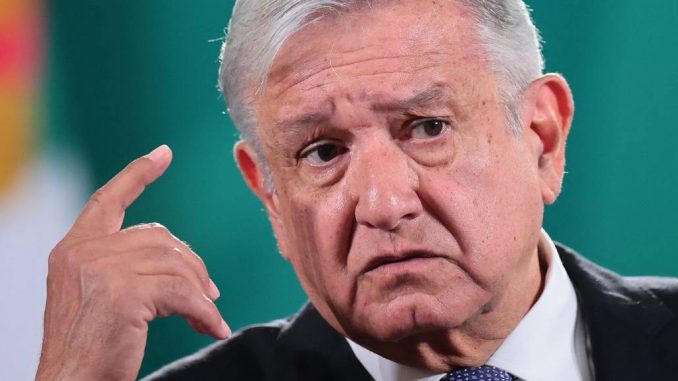
By Vicente Gaynor
The “biggest” election in Mexico´s history was held on June 6. Midterm congressional elections were joined to the elections of 15 governors and thousands of mayors and local legislators and councilors: more than 20,000 positions in total.
In a campaign marked by a high turnout and an escalation of political violence, the coalition of President Andrés Manuel López Obrador (AMLO) retreated in relation to the opposition coalition that unified the traditional parties of the old Mexican two-party system, the PRI and the PAN, with the PRD.
Political violence has been a constant in Mexico for years, driven by the assimilation to the regime of corruption and paramilitary drug cartels. But the 89 politicians assassinated, including 30 candidates, during this campaign represent a high point that has not been seen since 2000.
Although the federal positions that were voted on are all legislative and the executive ones are all local, President López Obrador was the central figure of the election, which was largely taken as a referendum on his administration, which began three years ago. This gave the election a national and highly polarized character, generating a high turnout of 52%, above the historical average of 45% in midterm elections.
AMLO’s election in 2018 reflected the Mexican people´s rejection of the country’s traditional parties. López Obrador won the presidency with 53% of the votes, his Morena party obtained a majority in Congress and reached a qualified majority of two-thirds with its coalition allies.
You may be interested in: Latin America rebels and begins to turn left
Despite the fact that AMLO maintains an important level of support, around 60% days before this election, Morena lost its majority in Congress. Although the coalition that it heads maintains a simple majority, thanks to its new member, the Green Party (previously an ally of the PRI), it lost the qualified majority that it exercised during the last three years and allowed it to modify the constitution.
The setback is due in part to the fact that the bourgeois opposition achieved a unified coalition that concentrated the firepower of big business and the traditional parties. But it also shows a growing dissatisfaction with AMLO, who has fallen far short of meeting the expectations generated by his rise to power.
Despite having massive social support and a qualified majority in Congress during these three years, he did not advance in the structural changes that he promised in the campaign, such as eliminating poverty, corruption and political violence. On the latter, he advanced in the opposite direction, strengthening the armed forces economically and politically.
In contradiction to his progressive discourse, he developed a close partnership with former US President Donald Trump, and maintained the bulk of the neoliberal and dependent economic policies dictated by Washington that ensure the payment of the foreign debt and the exploitation of US corporations in Mexico.
On top of this, AMLO’s denier response to the Covid-19 pandemic made Mexico one of the countries hardest hit by the coronavirus. Along with the economic crisis, the pandemic affected mainly workers and the poor, increasing poverty, unemployment and precarious work.
AMLO goes down the same path taken by all the center-left projects that start by proposing structural changes in favor of the working majority but intend to carry them out without anti-capitalist measures, and end up assimilated to the same regime against which they had risen, disappointing millions and opening the door to the return of the traditional right.
The same election shows the PRD reaching the end of that same path. The party founded by the son of former nationalist president Lázaro Cárdenas and López Obrador himself as a left-wing alternative to the PRI-PAN duopoly, is now incorporated into a coalition with those same parties. Meanwhile, the Zapatistas who emerged as an alternative to traditional politics with their autonomism, are now leading a symbolic tour of Europe instead of offering the Mexican people any alternative whatsoever.
Both the advance of the bourgeois opposition and the erosion of AMLO´s social base, pose a challenge to revolutionaries in Mexico: the need to build an independent alternative for the workers and the people.








